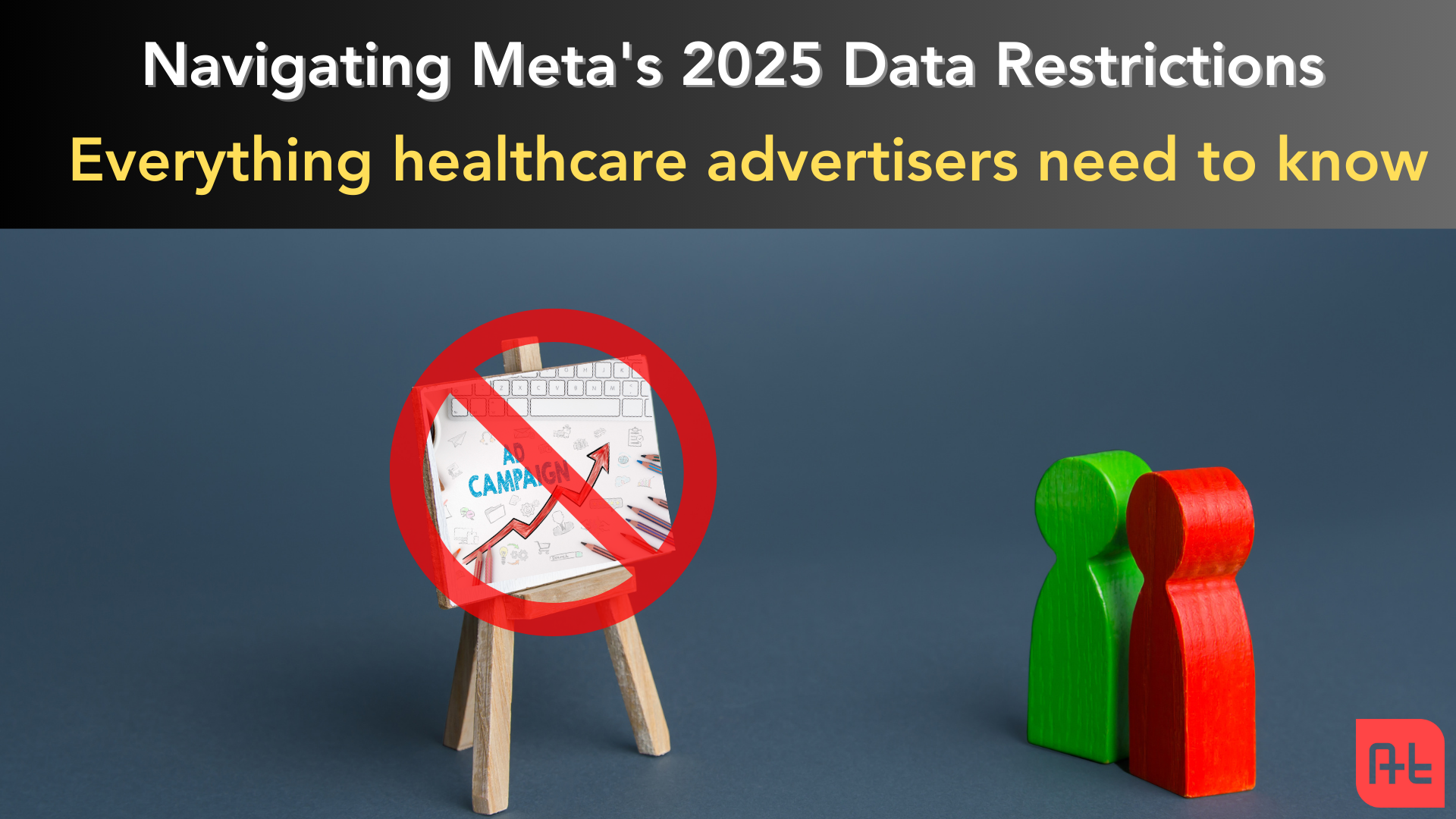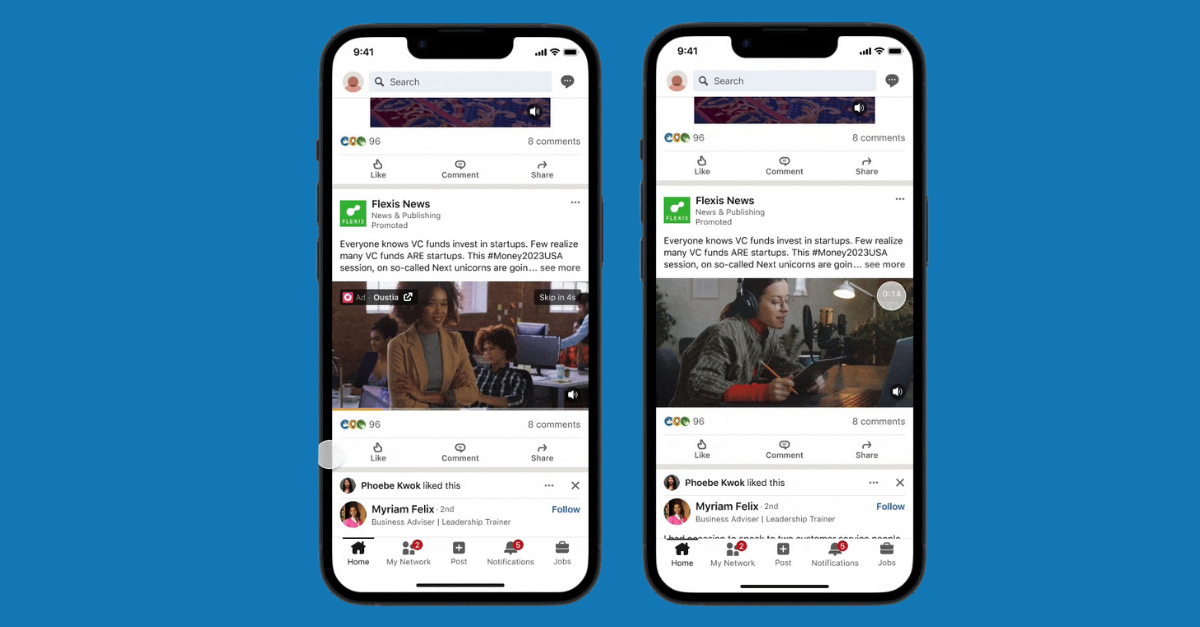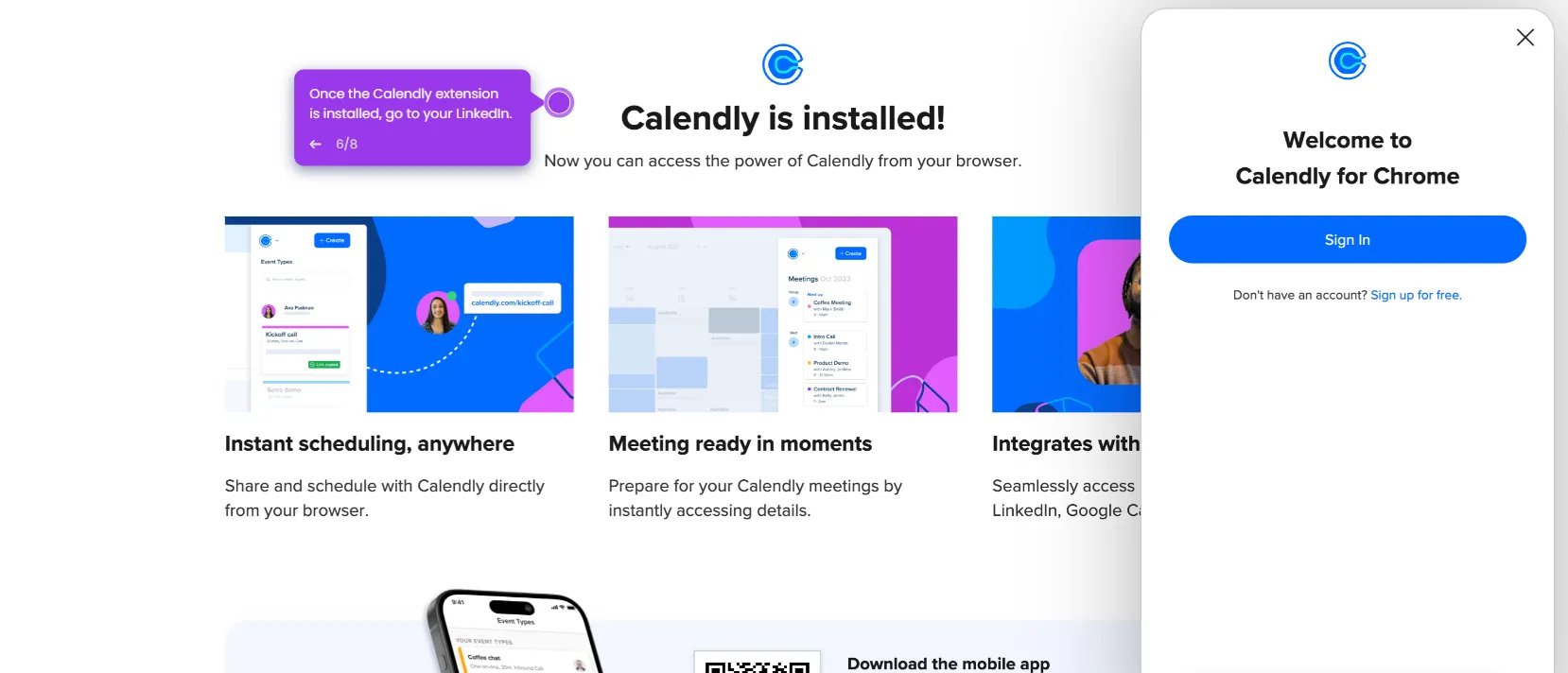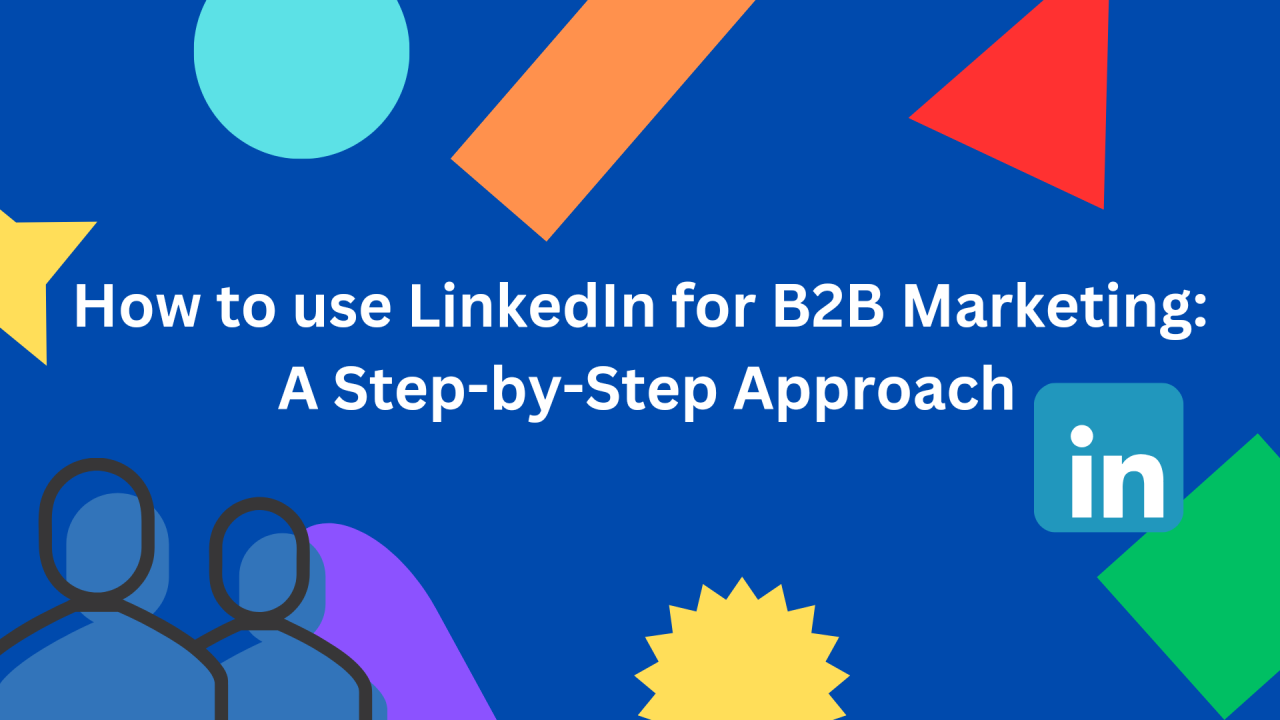Meta is changing the way health ads work. If you run ads on social media, you need to know what this means. These new rules matter for everyone in performance marketing, brand positioning, or if you offer SEO services, PPC services, or SEM services.
Why Is Meta Pixel Important?
Meta Pixel is a small piece of code for your website. It tracks what people do on your site after they click your ad. It helps you:
- See which ads work best.
- Target people who visited your site.
- Measure your results.
For health brands, this is tricky. Health data is private. So, Meta now wants to protect that data better.
What Are the New Restrictions?
Here’s what you need to know in 2025:
- Less Tracking: You can’t track every action. Only basic events like purchases or sign-ups are allowed.
- Consent Is a Must: You must ask people if they agree to be tracked. No hidden tracking.
- No Sensitive Data: You can’t send private health info to Meta.
- Limited Retargeting: Some retargeting options are gone. Your audience lists may get smaller.
- Clear Privacy Rules: You must tell people how you use their data.
How Does This Affect Your Campaigns?
These rules can change how your ads work. They impact:
- Performance Marketing: Tracking every step is harder now. You’ll need other ways to measure results.
- Brand Positioning: Your message needs to stand out since targeting is more limited.
- PPC Services: Less tracking means you’ll need better ad copy and creatives.
- SEO Services: Organic reach is now more critical than ever.
- SEM Services: Rely more on search intent and less on retargeting.
What Should Marketers Do Now?
Here are simple steps to stay ahead:
1. Get Consent Right
Add a clear pop-up or banner on your site. Tell visitors what data you collect. Let them accept or decline.
2. Collect First-Party Data
Get information directly from your audience. Use sign-up forms, surveys, or newsletters.
3. Focus on Key Events
Track only what matters. Too much tracking can break the rules and confuse your data.
4. Balance Paid and Organic
With retargeting shrinking, boost your SEO services. Better organic traffic means you don’t rely only on ads.
5. Refresh Your Ads
Great ads now matter more. Simple, transparent, and honest ads build trust and clicks.
6. Improve Brand Positioning
Stand out in your niche. Show your values. Be transparent about how you protect data.
7. Train Your Team
Make sure your team knows the new rules. This helps you avoid mistakes that could cost you.
Why This Change Matters
People want privacy. Laws like GDPR and CCPA demand it. Meta must protect users, especially with health data. So, marketers need to change, too.
This is not just about following rules. It’s about building trust. When people trust you, they stay loyal. That’s good for your brand in the long run.
Key Takeaways
- Performance marketing is changing. Use other ways to measure success.
- Make your brand positioning clear and trustworthy.
- Boost your SEO services to get more free traffic.
- Use innovative PPC services and fresh ads.
- Strengthen your SEM services to target the right people.
Yes, these Meta Pixel restrictions feel strict. But they’re not the end of good marketing. They’re a chance to be smarter, kinder, and more trusted.
Stay honest. Be clear. Respect people’s data. If you do this, your health ads can still perform well in 2025 and beyond.



